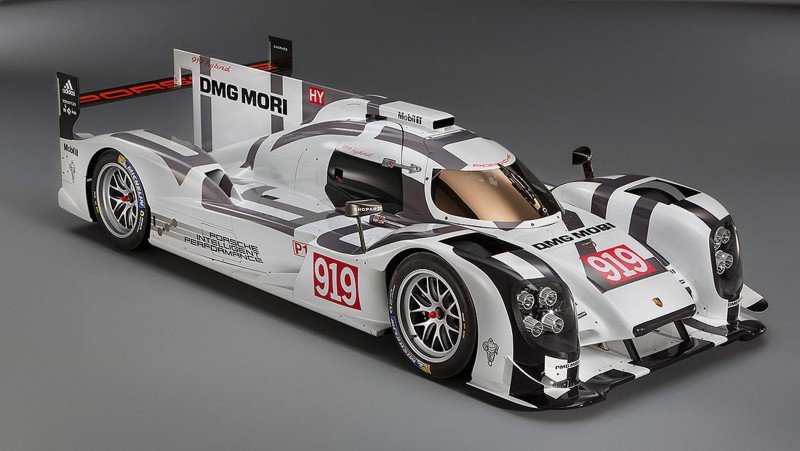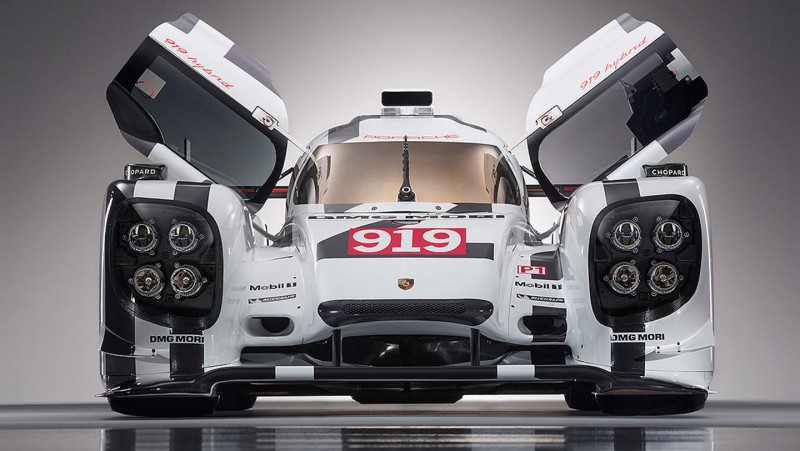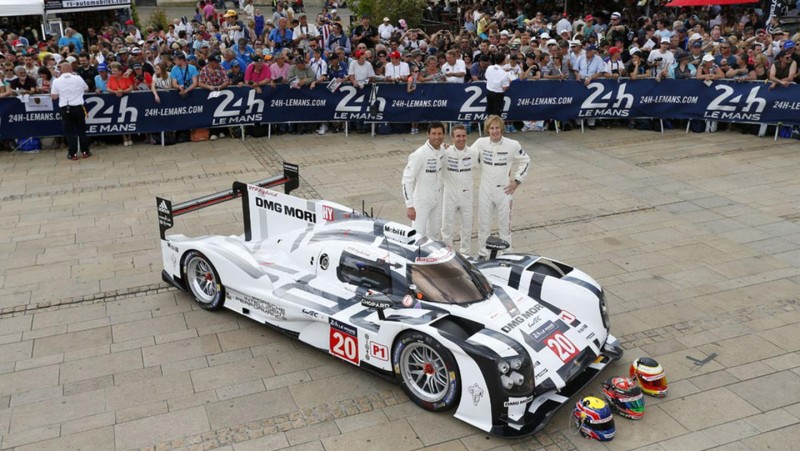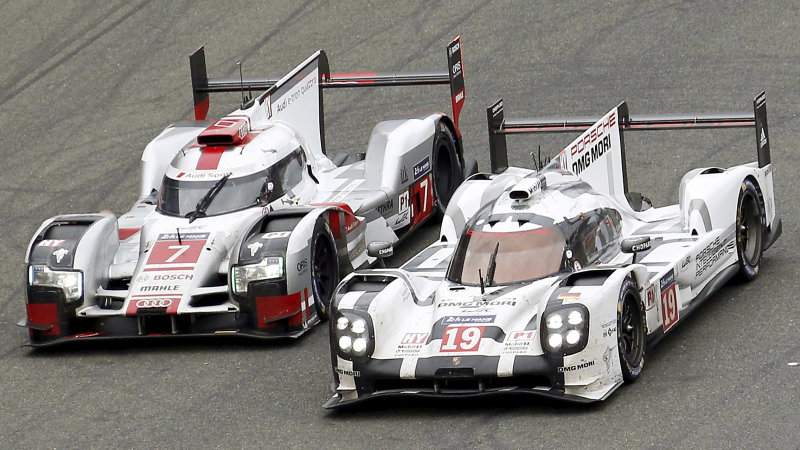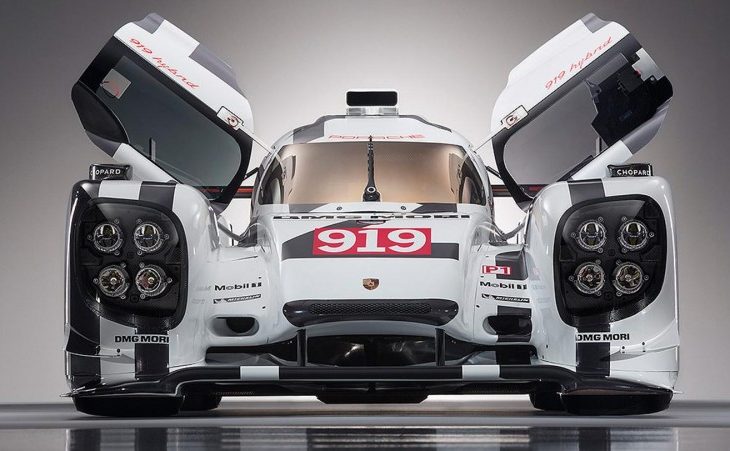Porsche recently announced that it will be bowing out of the most prestigious Le Mans racing category, LMP1, and placing its competitive racing emphasis on Formula E. The company will enter Formula E competition in 2019.
The new direction for Porsche’s competitive team wasn’t particularly surprising. Although the Porsche team has been a dominant force at Le Mans for the past several years, the move is in keeping with the competition. It’s also an ideal time to leave the field: riding high and victorious, Porsche is able to declare its global ascendancy in high-profile racing generally, and fluidly transition into formula E as a generally dominant racing presence.
As a brand-defining moment—especially in the context of similar strategic repositioning moves by the company’s competition, Mercedes and BMW—the new direction is significant. Plug-in vehicle sales are gathering enormous momentum, and autonomous driving vehicles have, in the past few years, joined all-electric vehicles to emerge as the dominant beneficiaries in company R&D. Signing onto the Formula E roster, and bowing out of a traditional race like Le Mans, is a way for a company to overtly define itself as progressive and technologically adept, which is good news for stock prices, and market perception too.
And, like other car companies, Porsche uses competitive racing as both a means of brand exposure and, just as importantly, a method of research and development for its production cars. As actual and projected production car sales figures list ever more dramatically toward plug-in and autonomous driving vehicles, the transition from high-profile Le Mans to high-profile Formula E racing becomes an ever more logical decision.
Other prominent European car makers are already committed to Formula E, as well, and for Porsche to remain in Le Mans would allow their brand perception to be tarnished by an association with stubborn nostalgia and a style of racing which has suddenly come to find itself plummeting toward anachronism. The two prominent French automotive conglomerates, Renault and Citroen, are already on the Formula E roster, as is England’s Jaguar, now owned by Indian conglomerate Tata; Tata’s main competitor in its home country, Mahindra, is also a member of Formula E. And China’s NIO/NextEV, an overnight player with immense backing resources that include Chinese powerhouse Tencent, is jockeying for position as a global sales goliath of autonomous and plug-in cars in the next decade, providing another stimulating competitive presence in both Formula E and the marketplace.
Porsche will continue to race in the Le Mans GT and WEC competition, and, for now, is keeping its LMP1 team as it continues to negotiate this new track.
